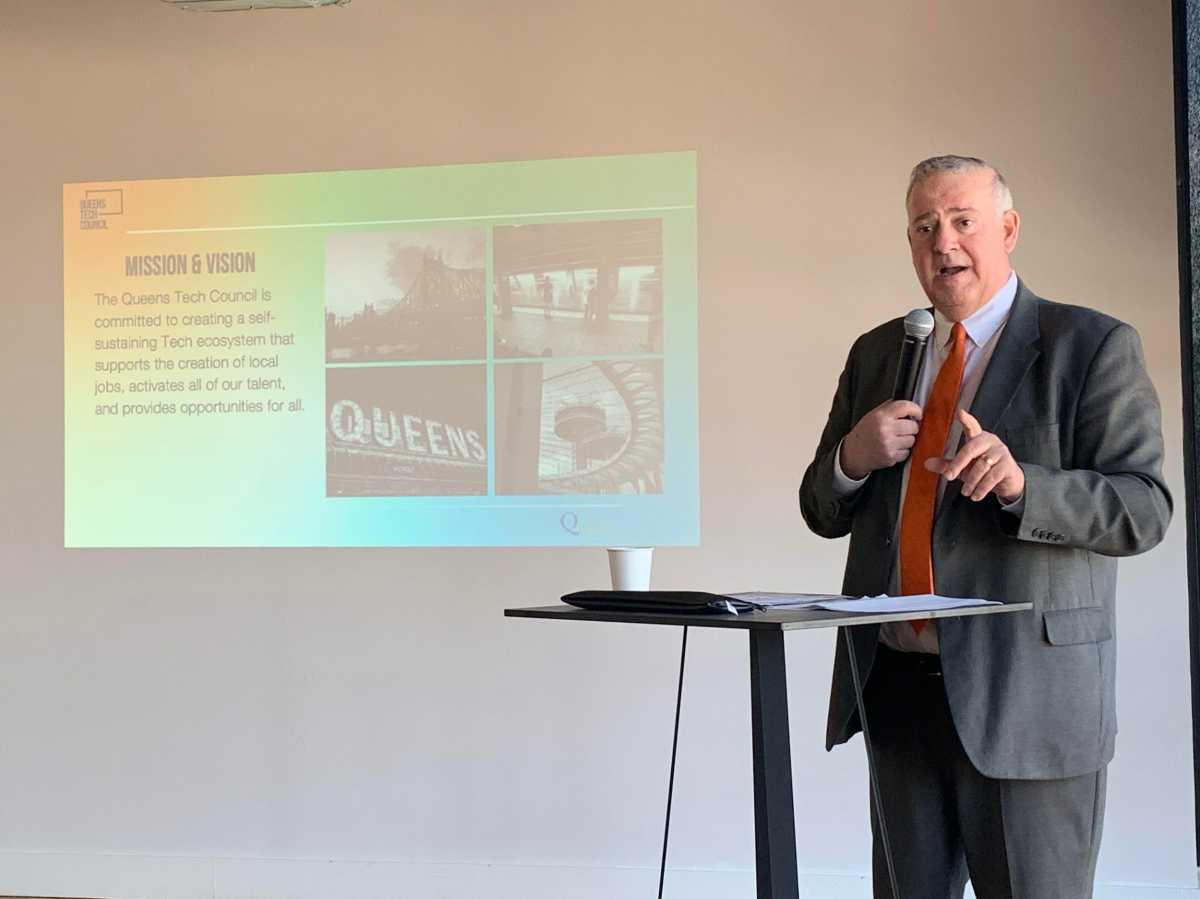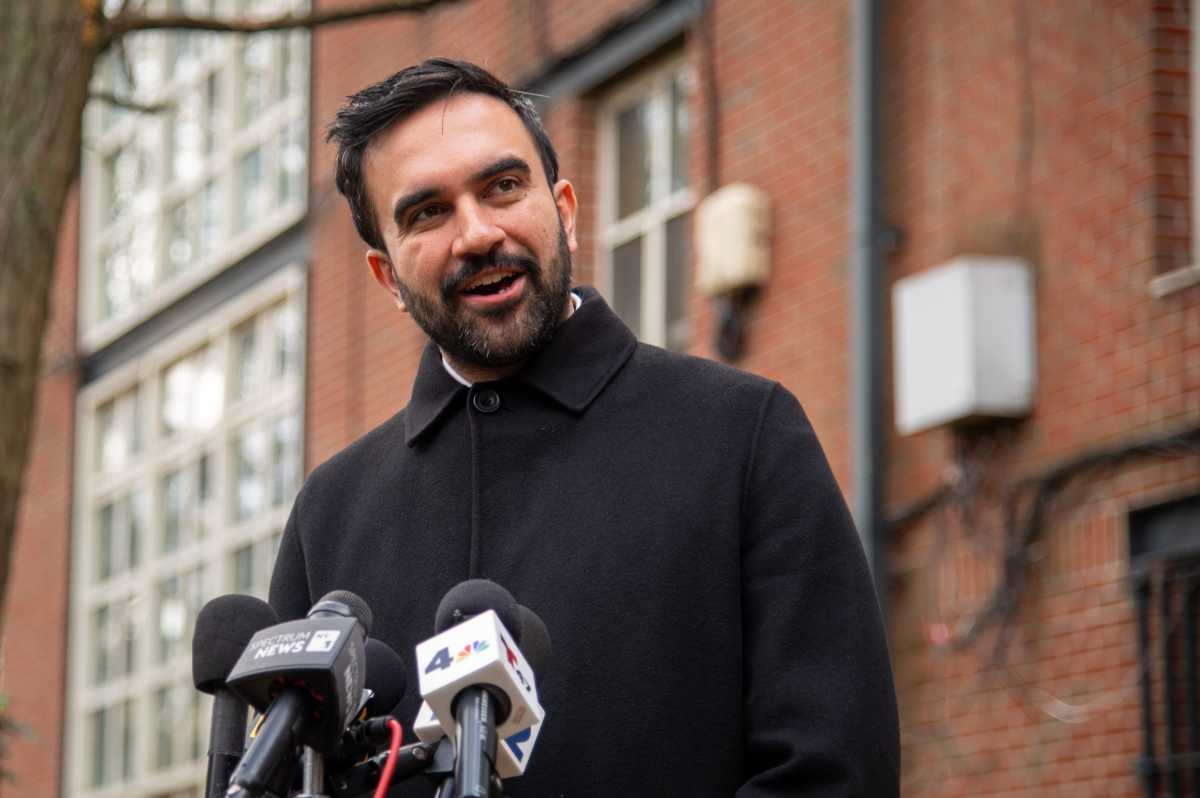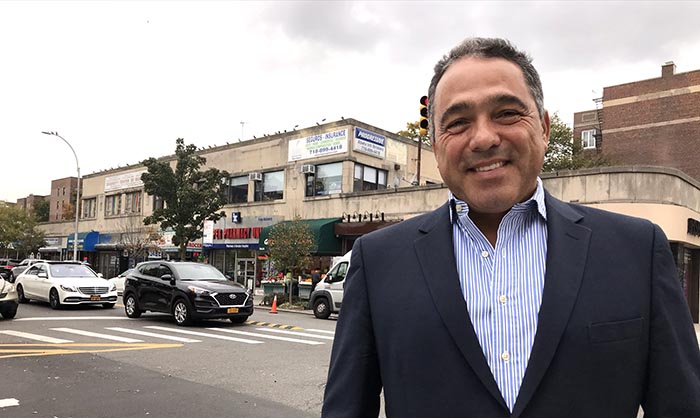It goes without saying, but artificial intelligence is one of the most revolutionary technologies of our time. For small businesses and startups, AI is transforming industries, streamlining operations, enhancing customer experiences, and uncovering new paths to success. In New York, where ambition meets ingenuity, entrepreneurs are putting AI to work in bold ways and setting the pace for the future. But the wrong regulatory approach could slam the brakes on innovation and cost New York its edge in the global tech race.
As the lawmakers in Albany consider legislation, they should be guided by the principle that AI policy must nurture growth, reward creativity, and uphold the Big Apple’s legacy as a launchpad for bold ideas and breakthrough innovations.
New York is on the path to becoming a global leader in AI. The NYC Economic Development Corporation recently released a report outlining strategies to grow the AI ecosystem, support innovation, and strengthen the city’s position as a hub for technological development. This includes building a strong foundation for AI research and enhancing collaboration across sectors to ensure the AI ecosystem thrives and benefits businesses at all levels. Governor Kathy Hochul’s Empire AI consortium will advance research, create jobs, and open new opportunities for “AI for good.” As Gov. Hochul emphasized, “whoever dominates the AI industry will dominate the next era of human history.” However, these efforts could be undermined by misguided lawmaking that limits AI’s potential.
Across industries, startups are transforming how we build, work, and solve problems with AI. Technology founders, builders, and entrepreneurs are using AI to shorten product timelines, make smarter decisions, and respond to real-world challenges faster than ever before. New York City ranks second in the global innovation ecosystem, just behind Silicon Valley. More than 2,000 AI startups and over 40,000 AI professionals call the five boroughs home. They’re developing solutions across every major industry—from healthcare to construction to education to mom-and-pop shops scaling their businesses online at a reasonable cost.
Complex compliance regimes that overlook the realities of building an early-stage company risk placing heavy burdens on the startups leading this charge. This could push groundbreaking ideas out of New York—or stop them from being developed altogether. Policies crafted with only the largest, incumbent players in mind create barriers to success and undermine the breakthroughs catalyzed by our startup community. Businesses of all sizes—especially small businesses that experience enormous growth and cost savings with AI—want to see our local innovators thrive and bring their ideas to market quickly and efficiently. Queens is the most diverse place on earth, and our small business owners know that AI helps them do more with less. We can’t afford policies that only support big tech and help those companies survive.
Economic development champions and the hometown tech leaders they represent are eager to work with Senate Internet & Technology Chair Kristen Gonzalez (D-Brooklyn), Assembly Internet & New Technology Chair Clyde Vanel (D-Queens), and Assemblymember Alex Bores (D-Manhattan) to shape AI policy that keeps New York on the frontlines of AI development. The stakes are clear. Limiting AI would hurt our local founders and small businesses, send jobs out of state, and undermine American leadership in epoch-defining technologies. Legislators should champion policies that support our homegrown risk-takers and encourage AI development.
By leading the charge in AI, we can secure our economic future, protect our global standing, and empower local businesses to thrive. The future must be forged in the five boroughs. The next groundbreaking tech company should be founded by a CUNY grad and based right here in New York City—not in Silicon Valley or Shanghai.
Tom Grech is the president and CEO of the Queens Chamber of Commerce and is committed to a thriving tech economy in Queens. Shahed Islam is the CEO of SJ Innovation.










